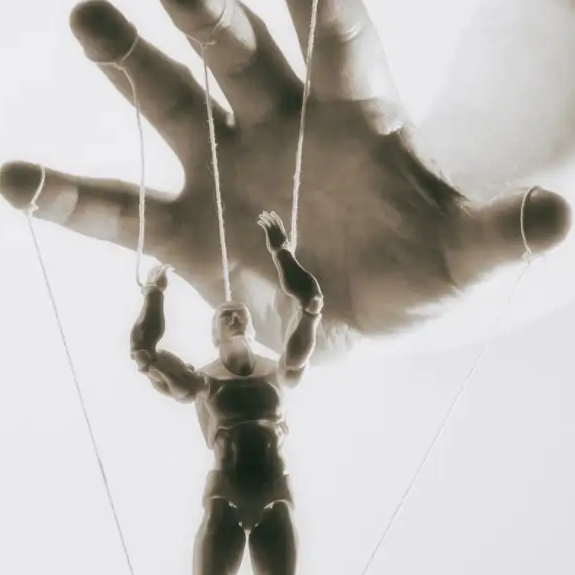How are they able to perform well under intense pressure? Literally life or death situations. I’m talking about hardcore parkour or crazy people climbing skyscrappers.
Have their brains been altered that they can’t feel fear from their stunts?
Alex Honnold is the best free solo climber in the world, man can climb el cap or half dome in a few hours without a rope, where it takes a normal climber days to get up. But the man literally has an underdeveloped brain, or at least part of it. After doing brain scans found out his amygdala has ZERO activation, so he literally experiences fear differently than a normal person, if at all!
came in here to say exactly this. for some people, their fear response is stunted.
Activation comes and goes. The page isn’t loading for me but I’m skeptical of your interpretation.
1:40ish
Thanks for the alternate source!
Yup, they measured that. This one individual wasn’t experiencing any sort of fight-or-flight in that tube. I’m going to say we can’t draw much in the way of big conclusions. Reminder again that activation just means how hard it’s working at a given moment.
Honestly, the testimonials from ex-girlfriends is more interesting to me.
Extreme sports athletes are usually way more chill than traditional athletes. It looks crazy, yes, but everything they do is super safe in most cases and the rarely push their luck.
Traditional athletes though… Oh man, it’s a life a self torture, non stop chemical poisoning, daily traumas, etc. They’re usually barely able to walk at 30. Or get out of bed without painkillers.
Do you feel constant fear driving down the highway? No? You’re going just as fast as an elite downhill skier, but with strangers also doing it right next to you instead of on a cleared course. And you might be at it for hours.
It’s a matter of what you’re used to, and in their case they’ve practiced climbing a skyscraper or whatever to the point it’s no different from you climbing kind of slippery stairs. If the climber was suddenly flying up a big halfpipe they might be just as scared as you.
The brain is close to unknown at this point, so I doubt we’ve physically measured any differences, even though there’s probably something. When you hear about research in brain activity it’s often basically this.
No expert here, but this is an ELI5, so…
Turns out, there’s something in our brains that trigger instinctive fears. This is good for survival, generally.
Some people have too much of that, so they become very afraid of things (phobias) or they might even develop more serious mental issues.
On the other side of the spectrum, there’s these guys you talk about. People who were predisposed or either “learned” to be more “fearless”, the most extreme guys being basically already dead by stupidity.
I was admonished to be careful on a dirtbike as a child, had a fear reinforced in me. Meanwhile, this other kid was quite aggressive, and would piss me off when he’d fly by me on the track. In contrast with my parents cautions, his parents encouraged his style and he was a very highly ranked competitor in the state. He was WOT no matter where he was, turns, jumps, passing me. Absolutely fearless.
He had a bad day at the races when he was about 10 years old, suffered a significant brain injury. And he hasn’t been independent since.
Former Skydiver here.
At least for the Skydiving community… Skydivers are not better, nor are they worse than the general public.
What skydivers are… is different. Your average jumper will not experience fear on an average jump. I’ve actually fallen asleep on the way to altitude. There are things that can scare us though, usually when we’re in the plane. I’ve experienced two bailouts (both from the same plane), one crash (fuel starvation on climb out), and multiple rejected take offs. All of those events gave everyone aboard those planes a good dose of fear, including me.
We all still jumped the very next time we could, even after the crash.
As I said… Skydivers are just a bit different, but we still experience fear.
Why did I quit skydiving? I got bored. Yes, literally. Made a skydive, it went perfectly with people I was good friends with, got to the ground and started daisy chaining my main and realized… I just didn’t feel anything any longer. Felt it was better to leave the sport than to try increasingly crazier things to find that feeling again. I know people that did that and it usually doesn’t end well.



